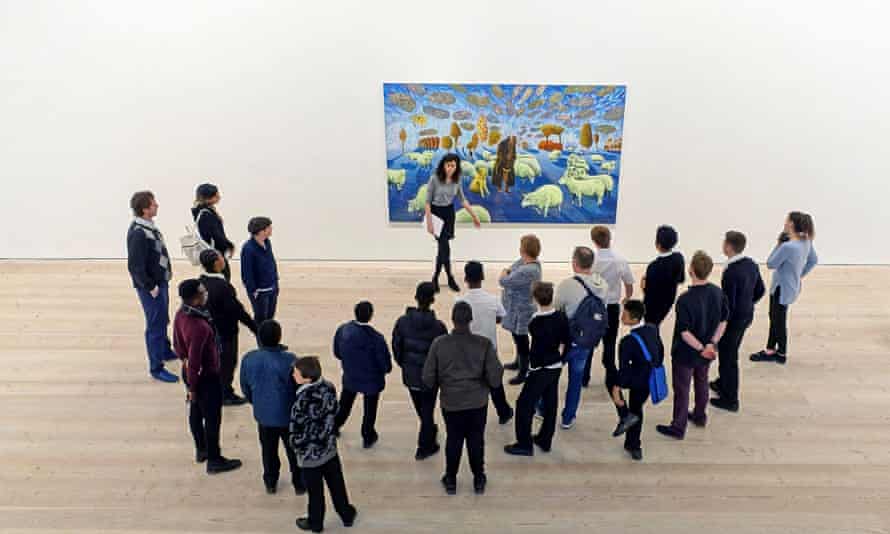
A family trip to the theatre or an afternoon at a museum may be a fun day out, but new research suggests that such cultural outings will not actually help children secure higher grades.
There have been persistent theories that wealthier children may be given an advantage in their school careers by being pressed into visits to art galleries and exhibitions. According to a new academic study, however, outings often regarded as “middle class” had no correlation with improved GCSE results.
The findings emerge in a study examining the impact of “cultural capital” and its power to improve the life chances of children, as well as the extent to which it explains the persistent inequality experienced by children from richer or poorer backgrounds.
While family cultural outings had no discernible impact, researchers did find that reading activities by both parents and their children played a role in exam grades. They measured activities such as reading for pleasure, visiting a library and discussing books at home. Such activities boosted GCSE scores by a significant amount. “Engaging in two or three reading activities, on average, increases the pupil’s GCSE score by between seven and nine points,” they found. “The size of this effect should not be overlooked since an extra GCSE pass at grade A* is worth eight points.”
Researchers behind the study, due to appear in the British Journal of Sociology of Education, say it has real implications for ministers. The authors from the Universities of Sussex and Edinburgh said the concept of cultural capital “has become more prominent in government education policy”.
They point to new guidance from Ofsted, stating that in assessing the quality of education at a school, “inspectors will consider the extent to which schools are equipping pupils with the knowledge and cultural capital they need to succeed in life”.

“It is beguiling to believe that increasing pupils’ levels of cultural capital will have a positive influence on school GCSE outcomes,” the paper states. “It is tempting to theorise that visits to museums or historic venues might be helpful in igniting interests in history, and that visits to the theatre might similarly cultivate learning in drama. On deeper reflection, it is difficult to plausibly describe mechanisms by which the exposure to certain extracurricular activities would influence outcomes in other school GCSE subjects.
“This study reports a set of empirical findings that do not lend any support to the view that increasing cultural capital will reduce the size of social class inequalities in school GCSE outcomes. This is not to argue that activities that have sometimes been associated with increasing cultural capital should not be part of the school experience – for example extracurricular trips may contribute to educational enjoyment.”
Researchers used statistical models based on data from the Understanding Society survey, which documents the lives of households across Britain. They then linked this data to educational records held in the national pupil database. They examined “cultural capital” activities, as well as the reading activities, of both parents and their children to examine any links.
Other studies have found that visiting museums, art galleries and theatres could have much broader benefits beyond education. One study by UCL academics concluded that they could actually lead to a longer life. The 2019 study found that the more often people engage with the arts, the lower their risk of premature death.
It led to calls for cultural trips to be prescribed as a way of boosting wellbeing and supported studies that found regular cultural visits could improve depression, dementia, chronic pain and frailty.